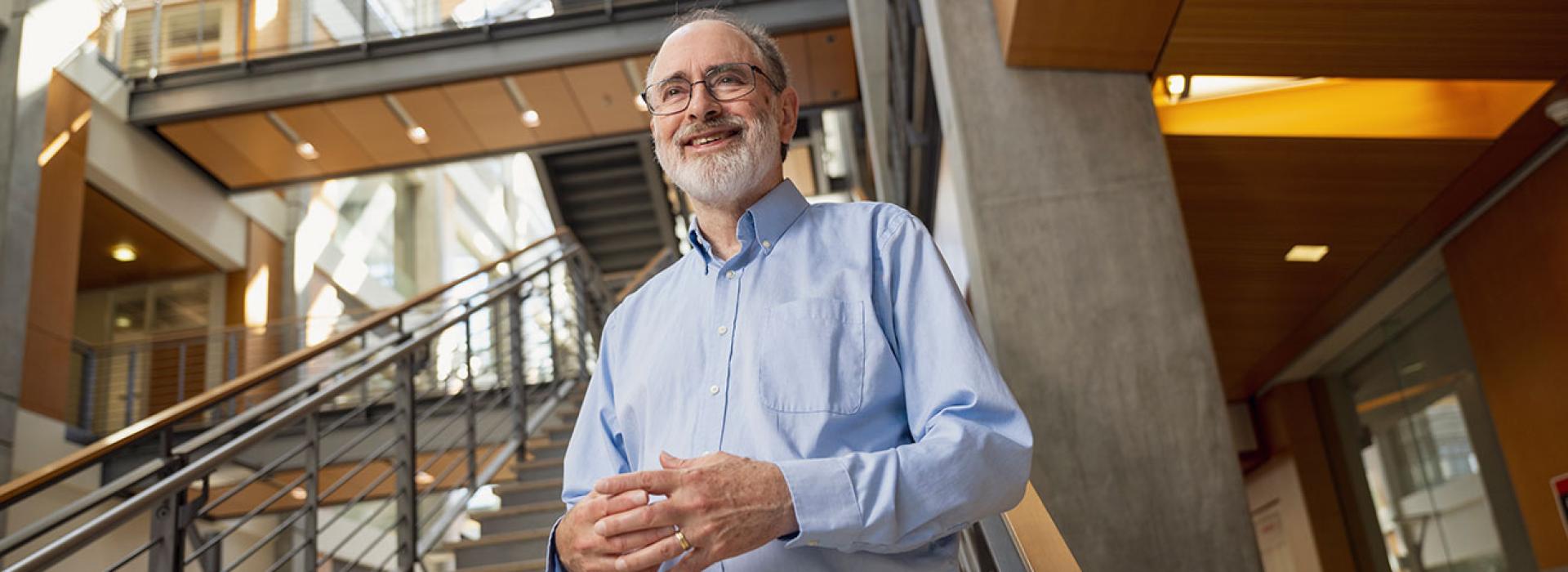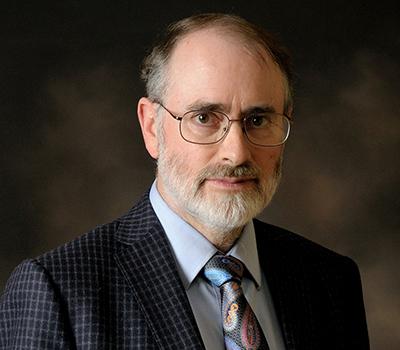Thomas Dietterich will receive the highest honor for a career in artificial intelligence for his four decades of intellectual leadership in machine learning. Only 23 others have received the Award for Research Excellence from the International Joint Conference on Artificial Intelligence since its inception in 1985. The first to receive the award was John McCarthy, known as the father of AI. Dietterich will accept the award in August at the annual conference 2024 IJCAI in Jeju, South Korea.
Dietterich, Distinguished Professor Emeritus at Oregon State University, is one of the founders of machine learning, a subarea of AI. He served as Executive Editor of Machine Learning (1992–98) and helped co-found the Journal of Machine Learning Research in 2000. His career has been recognized with the Distinguished Service Award from the Association for the Advancement of Artificial Intelligence in 2022 and the Distinguished Contribution Award from the Asian Conference on Machine Learning in 2020.
His research includes pioneering work on the fundamentals of AI and machine learning, sequential decision-making, safe deployment of machine learning systems, and applications to real-world problems in ecosystem management.
“His publications in machine learning exude elegance and novelty, and they have served as a beacon for other researchers to follow,” said Jana Doppa, Huie-Rogers Endowed Chair Associate Professor of Computer Science at Washington State University.
The real-world applications of Dietterich’s research include drug design, intelligent user interfaces for smart desktops, computer security, management of wildfires and invasive species, and understanding the distribution and migration of birds.
One of his significant contributions to machine learning was a novel approach for hierarchical reinforcement learning which decomposes a large problem into subproblems. His work had a significant impact on the field and accelerated work on deep reinforcement learning algorithms.
Safe and robust AI systems are among Dietterich’s research pursuits. The aim is to improve systems making high-risk decisions such as self-driving cars. This area of research includes open category supervised learning, safe reinforcement learning, and explainable AI.
Dietterich’s commitment to real-world applications is evident in his entrepreneurial activities. He has co-founded three companies: Strands, a recommendation company that was acquired by CRIP SVP; Smart Desktop a cloud computing solution that was acquired by VMWare (via Decho); and BigML which provides large scale cloud-based machine learning services, where he is currently the chief scientist.
He has mentored over 70 graduate students and postdocs at Oregon State. Many have become leaders in AI research, and he has ongoing collaborations with some of them. Seventy-five percent of his postdocs have joined academia. His last doctoral student will graduate this summer. Dietterich was also instrumental in developing the AI graduate program at Oregon State, which was the first university in the U.S. to offer both master’s and doctoral degrees in AI as an interdisciplinary field of study.
Serving as a spokesperson for the academic viewpoint on AI, Dietterich has been quoted by news media such as National Public Radio, Business Insider, CNET, and the Wall Street Journal. He has been asked to speak on podcasts such as AI Trends and The Gradient Podcast. He has 51,785 followers on X, where he promotes important research findings and gives his perspective on research controversies.
“My primary technical role is to help guide the research community in important and fruitful directions. I call it cheerleading,” Dietterich said.
His current work includes:
- Serving as a trustee of aihub.org, a platform that helps researchers communicate science.
- Chairing the Computing Research Repository of arXiv, an open science platform.
- Leading the technical research on data quality for the Trans-African Hydro-Meteorological Observatory which operates a network of weather stations across Africa.
- Serving on committees such as the Information Science and Technology Study group for the Defense Advanced Research Projects Agency, the International Scientific Report on Advanced AI Safety Writing Group for the UK government, and the Technical Advisory Board of Microsoft Research India (Bangalore).
“I became a professor and research scientist because I love ideas — the intellectual and technical questions at the heart of computer science and machine learning. I’m still fascinated by these questions,” Dietterich said. “Now that machine learning is having huge impacts across society, it is more important than ever to work on methods for ensuring robustness, safety, and effectiveness.”
Dietterich has been at Oregon State University since 1985 when he started his career as an assistant professor. He received his bachelor’s in mathematics at Oberlin College, his master’s of computer science at University of Illinois, and his doctorate in computer science at Stanford University. His publications include over 200 journal and conference papers, three books, 18 book chapters, and four encyclopedia entries.




